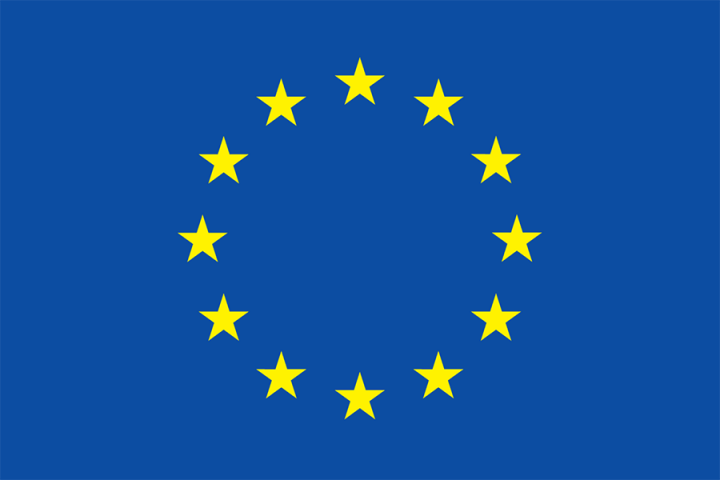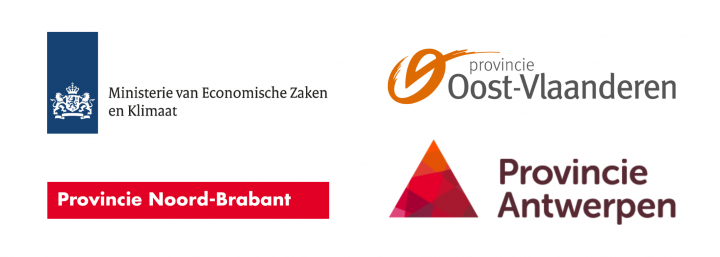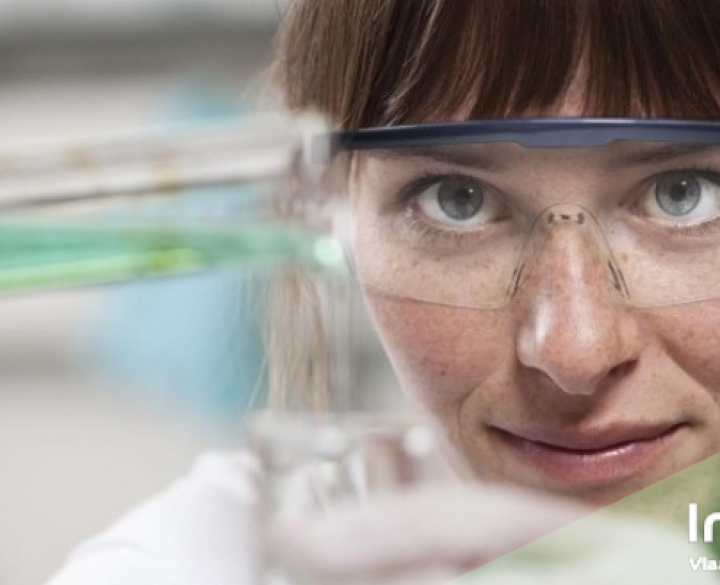In June 2023, six partners from Flanders and the Netherlands started the BIO-CAPPP project. Over the next 3 years, together with companies, experts and students, they will develop sustainable chemical building blocks and apply them in products for the construction and textile sectors, among others. The application of these bio-aromatics not only makes the products more sustainable, but also provides premium properties. In this way, BIO-CAPPP contributes to the transition to a circular economy. The project has a total budget of €4.3 million and is co-funded by Interreg Flanders-Netherlands, the provinces of Antwerp, East-Flanders and North Brabant and the Dutch Ministry of Economic Affairs and Climate Policy.
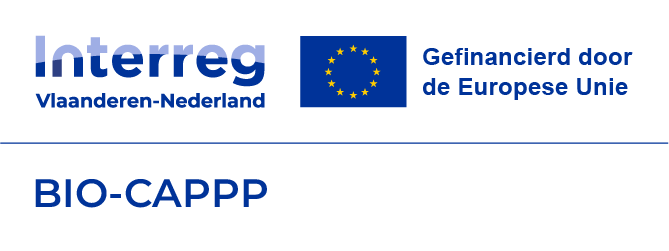
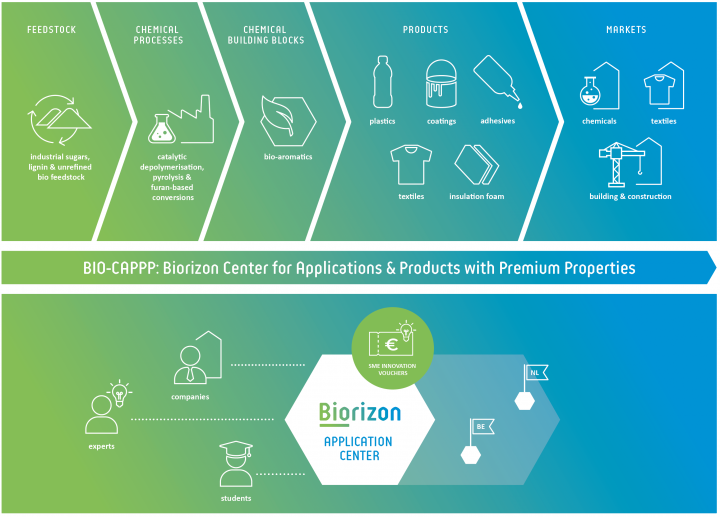
Forty percent of all chemicals are aromatic
Manufacturers of products such as plastics, paints, adhesives, insulation foam and textiles use aromatics to impart their products with high-quality properties, such as scratch resistance, UV resistance, adhesive strength or gloss. As much as 40% of all chemicals are aromatic in nature; this amounts to 122 million tons annually, worth €120 billion with an annual growth rate of 5%. So far, these aromatics are made from fossil raw materials and this has a negative impact on our environment.
Renewable aromatics
It is also possible to make aromatics from renewable sources: from lignin, the substance that gives strength to trees and is released as a by-product from the paper industry; or from non-edible residual sugars from the agricultural sector. But also, by recovering aromatics from plastics. Over the past 10 years, VITO and TNO, as initiators of Shared Research Center Biorizon, have successfully scaled up the technological development of bio-aromatics in collaboration with the European industry.
BIO-CAPPP: Biorizon Center for Applications & Products with Premium Properties
The BIO-CAPPP project will develop renewable aromatics and apply them in actual products, together with companies, experts and students. Together, the project partners will enable commercial production of bio-aromatics and stimulate the market for sustainable products with premium properties.
In the Biorizon Application Center, companies can collaborate with knowledge workers and students on favorable terms (innovation vouchers specifically for SMEs) to apply bio-aromatics in products for the construction and textile sector, among others. The bio-aromatics not only make these products more sustainable, but also more functional with premium properties.
In addition, the partners anchor the developed knowledge and skills in educational programs so that the workers of the future can put the sustainable innovations into practice at companies.
Project Partners
In the BIO-CAPPP project, partners from Flanders and the Netherlands are working intensively together.

Project leader VITO from Flanders and TNO from the Netherlands have been collaborating ever since 2013 on the technological development of bio-aromatics from sugars, lignin and unrefined waste streams under the flag of Shared Research Center Biorizon. The Flemish CENTEXBEL and Avans University of Applies Sciences / MNEXT from the Netherlands will work with VITO to develop innovative applications based on the lignin- and sugar-based building blocks, with a specific focus on the construction and textile sectors. Kamp C from Flanders will inform, inspire and support end users, the building sector and local authorities in the use of the sustainable innovations. The Green Chemistry Campus will be the project's central meeting place where entrepreneurs, governments and knowledge institutions will work together to scale up the bio-based and circular innovations and where citizens can experience the transition in the experience center.
Contact
For more information about the BIO-CAPPP project and the possibilities of the Biorizon Application Center to test bio-aromatics in actual products, please contact BIO-CAPPP project manager David De Smet.
Interreg Flanders-Netherlands
The BIO-CAPPP project has a total budget of €4.3 million and is co-funded by Interreg Flanders-Netherlands, the cross-border cooperation program with financial support from the European Regional Development Fund, VLAIO, the provinces of Antwerp, East-Flanders and North Brabant and the Dutch Ministry of Economic Affairs and Climate Policy.

